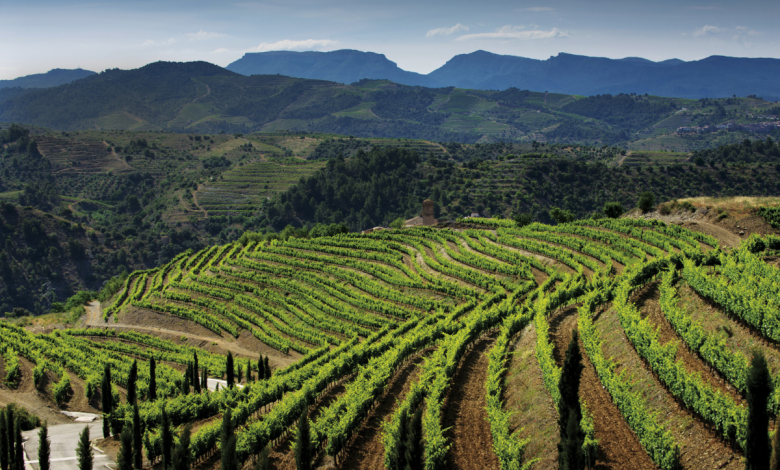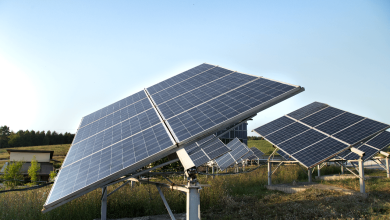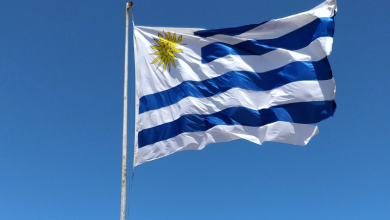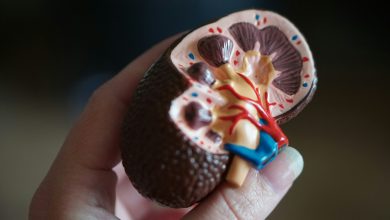Climate Change Threatens Sicily’s Wine Industry

The devastating wildfires that swept through Sicily in July not only highlighted the immediate impacts of climate change but also drew attention to the vulnerability of the region’s wine industry. As thousands struggled to flee the island while firefighters battled approximately 650 fires in late July, the fires underscored the broader consequences of climate change, affecting not just tourism but also the livelihoods of those dedicated to agriculture, particularly wine production.
Over the past few decades, Sicily has emerged as Italy’s largest wine-producing region in terms of landmass. Its unique Mediterranean climate and volcanic soil have made it an ideal location for over 98,000 hectares of vineyards. Sicilian wine, once synonymous with quantity over quality, has undergone a remarkable transformation.
While the Sicilian wine industry of the mid-20th century was primarily concerned with mass production, the late 20th and early 21st centuries witnessed a shift towards quality. Initially, this involved a focus on foreign grape varieties like chardonnay and merlot. However, in the early 2000s, Sicily’s indigenous grapes such as carricante, frappato, and nerello mascalese gained prominence, defining what is now a globally celebrated viniculture.
Rising temperatures in southern Italy, attributed to climate change, pose a growing threat to wine production in Sicily. The region is experiencing extreme dry heat, exacerbated by recent Mediterranean heatwaves and increasingly powerful wildfires, such as those that struck Catania and Palermo in the summer. These challenges disrupt the still-developing wine industry and create obstacles for business as usual.
Sustainable Solutions
Aware of the risks, many Sicilian winemakers focusing on indigenous grape varieties are taking proactive steps to mitigate their carbon footprint. Coalitions of wine producers are working towards sustainability both in the vineyard and the winery.
For instance, Donnafugata, a fifth-generation wine producer known for its “authentic Sicilian wines” using indigenous nero d’avola and grillo grapes, places a strong emphasis on sustainability. They eschew chemical herbicides and fertilizers, combat erosion, and prioritize “clean energy” in their production process.
CEO José Rallo, who also sits on the board of Assovini Sicilia—a coalition of 91 island wineries promoting Sicilian wine—mentions their commitment to using lighter bottles made from recycled Sicilian glass, which reduces the energy required for manufacturing and transportation.
Also Read: Can AI Help Tackle Climate Change?
As climate change continues to exert its influence on Sicily’s wine industry, proactive measures taken by producers offer hope for its resilience. Sicilian winemakers are not just adapting to the changing environment; they are leading the way in sustainable practices, ensuring that the rich tradition of Sicilian viniculture endures the challenges of the future.



